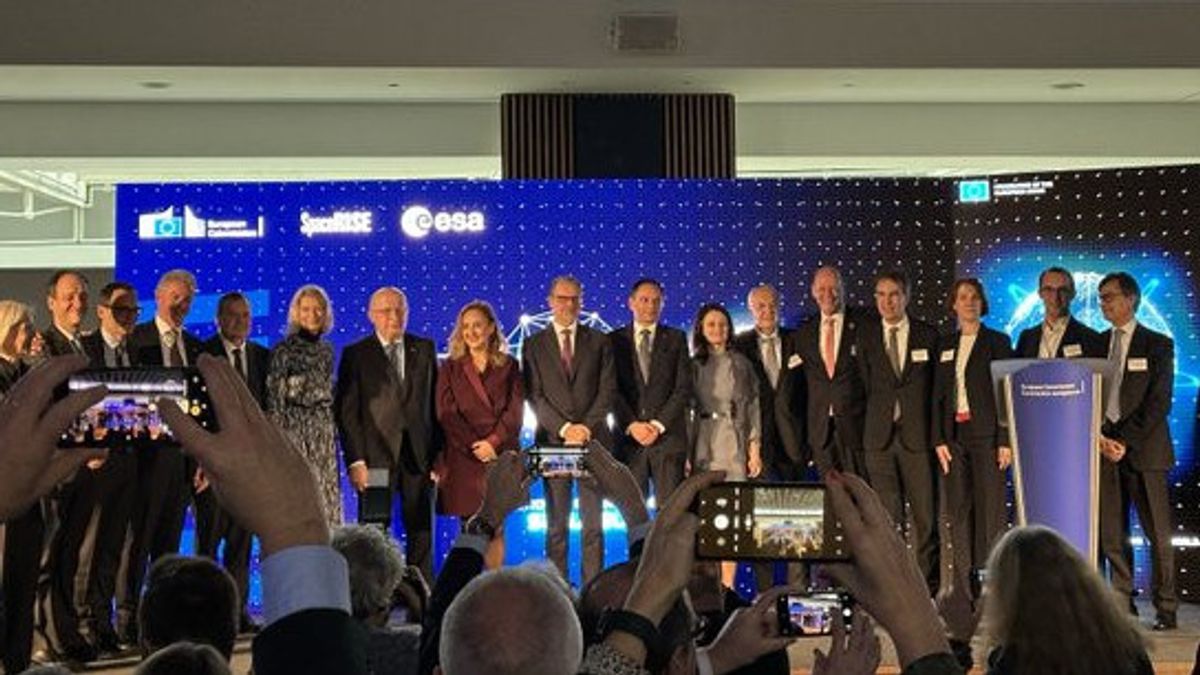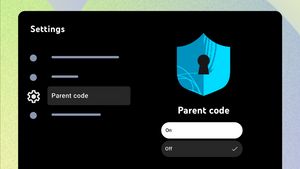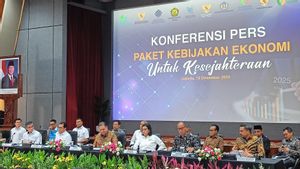JAKARTA The European Commission on Monday, December 16 announced the start of an ambitious 10.6 billion euro (around Rp. 181 trillion) project to build a constellation of secure satellites called IRIS2. The project aims to provide encrypted communication networks for governments and public institutions of the European Union, as well as support new commercial services.
The IRIS2 contest will consist of more than 280 satellites operating in various orbits. This step was taken to respond to the rapid development of satellite internet networks such as Elon Musk's Starlink, as well as to strengthen the EU's digital sovereignty.
"In the midst of increasingly complex geopolitical situations, ensuring strong, safe, and fast government communication becomes very important," said Josef Aschbacher, Director General of the European Space Agency (ESA). He added that this project will also increase European competitiveness and create jobs.
The project is the European Union's third major initiative in the space sector, after Galileo's navigation system and the Earth observation networkdavely used to monitor climate change.
The challenges in the IRIS2 Project have faced obstacles, including differences of opinion regarding the division of industrial work and concerns over costs led by Germany. However, Starlink's rapid expansion prompted the European Union to accelerate its steps in safeguarding its digital sovereignty.
The development of IRIS2 involved a consortium of three satellite operators, namely Eutelsat, Hispasat, and SES, with the first launch planned for mid-2029 and a full completion by the end of 2030.
Although Airbus and Thales Alenia Space, two major European satellite manufacturers, withdrew from the SpaceRise consortium due to economic risks, both remain involved in the IRIS2 project as suppliers.
另请阅读:
Tight Competition in the European Satellite Industry of Satellite Producers currently faces major challenges, including Starlink's dominance which has accounted for two-thirds of the number of satellites in orbit. In addition, Amazon's planned Kuiper satellite network also adds to the pressure on the market.
The part of the EU-funded IRIS2 project will be supervised by the European Space Agency (ESA) and operated from a control center in central Italy.
With an estimated cost of 10.6 billion euros, including private funds, the project is expected to strengthen cooperation between European countries in defense and security, although previously its sustainability was doubtful following the resignation of former Internal Market Commissioner Thierry Breton last September.
The English, Chinese, Japanese, Arabic, and French versions are automatically generated by the AI. So there may still be inaccuracies in translating, please always see Indonesian as our main language. (system supported by DigitalSiber.id)













